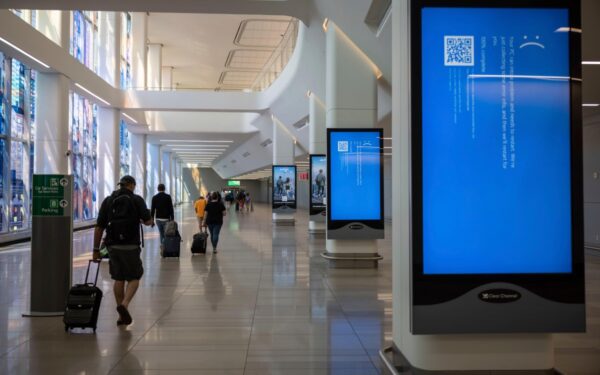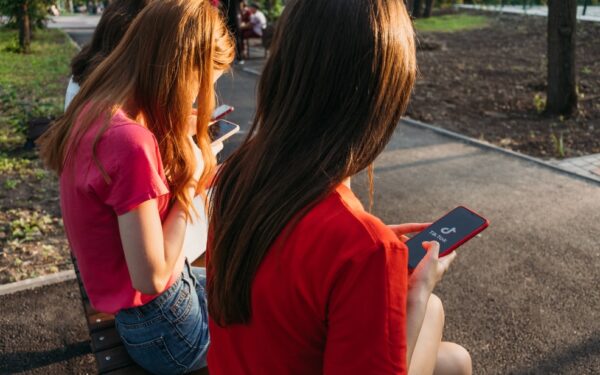It’s a parent’s responsibility to care for, raise and protect their child — not Elon Musk’s, or Mark Zuckerberg’s, or Susan Wojcicki’s. Yet a growing number of MPs seem to think otherwise.
A group of Tory rebels, supported by Labour MPs, have forced through changes to the government’s Online Safety Bill to make social media bosses face jail time if they fail to protect children online.
Surely these MPs have the best of intentions; protecting kids online is a good goal. But in its current form, their bill will do more harm than good, as it ignores and weakens a central safeguard against online harm: parents.
The proposed law would require online platforms, like Twitter and Facebook, to “use proportionate measures” to prevent minors from seeing any “content which is harmful to children”. While that may sound reasonable, it would cause immediate complications.
How are companies supposed to accomplish this? They’d either have to treat all users like children and moderate all content, or implement age checks, requiring users to upload IDs or driver’s licences to confirm their age.
Neither measure is appealing, and not just because of the free speech and privacy concerns they’d raise. The bigger problem is that neither of these solutions involve parents.
Parents know their children best and know what’s best for them. Instead of forcing platforms to assume the role of guardian for all children online, we should be empowering parents to do what they do best: protect their own. Platforms could accomplish this simply by implementing features that allow parental controls/oversight.
TikTok is already doing this. Arguably the most popular platform among children, the social media giant has already implemented a feature called family pairing. The setting gives parents control over their child’s account ranging from how many hours they can spend on the app, to whether content moderation filters apply to their feed, to how publicly accessible their child’s profile is.
This works well, especially since content moderation isn’t a one-size-fits-all solution. It allows parents to tailor restrictions to their child, depending on how much they trust them and how much responsibility they want to give them.
Moreover, it completely bypasses the issue of how to accurately detect whether a user is a child or not. As a former child myself, I can attest that if you set up automated checks/barriers, children will find ways around them. The only sure-fire way to protect kids is to involve parents.
Making parents the first port of call for tackling online harm is the best solution to protecting kids online — and it’s a solution that lets us avoid handing our personal data to big tech and an expansion of censorship.
The bill makes the problem a lot more complicated than it needs to be. Threatening to jail CEOs for failure to police content for kids is sure to spook firms into enacting the most stringent of restrictions, bypassing parental involvement entirely. That would be an enormous mistake.
If these MPs are serious about protecting kids, then instead of calling for platforms to police content, they should be doing more to educate parents on the online safety tools that already exist. Technology moves fast, and parents can be slow to adapt and learn. Not everyone knows about systems like TiktTok’s “family pairing”.
People are so eager to address the problem, that they’re willing to abdicate all responsibility to protect children to the leaders of multinational corporations — and in the process they’re overlooking the real solution.
The government should be trying to work withtech companies and parents to protect children, but the current legislation places all of the burden on tech platforms, with unrealistic standards of care and a framework that’s so rigid it’s sure to compromise either free speech or privacy. Loosening the bill to allow platforms to empower parents would fix the problem without breaking the internet.
Alex Petropoulos is a Young Voices UK Contributor with a MEng in Discrete Mathematics from the University of Warwick. He spent his time at university running toxicity-free online spaces for thousands of students. His commentary has appeared on BBC CWR, BBC Oxford, Heart and Capital Midlands, ITV Central and LBC News. You can follow him on twitter @AlexTPet.




